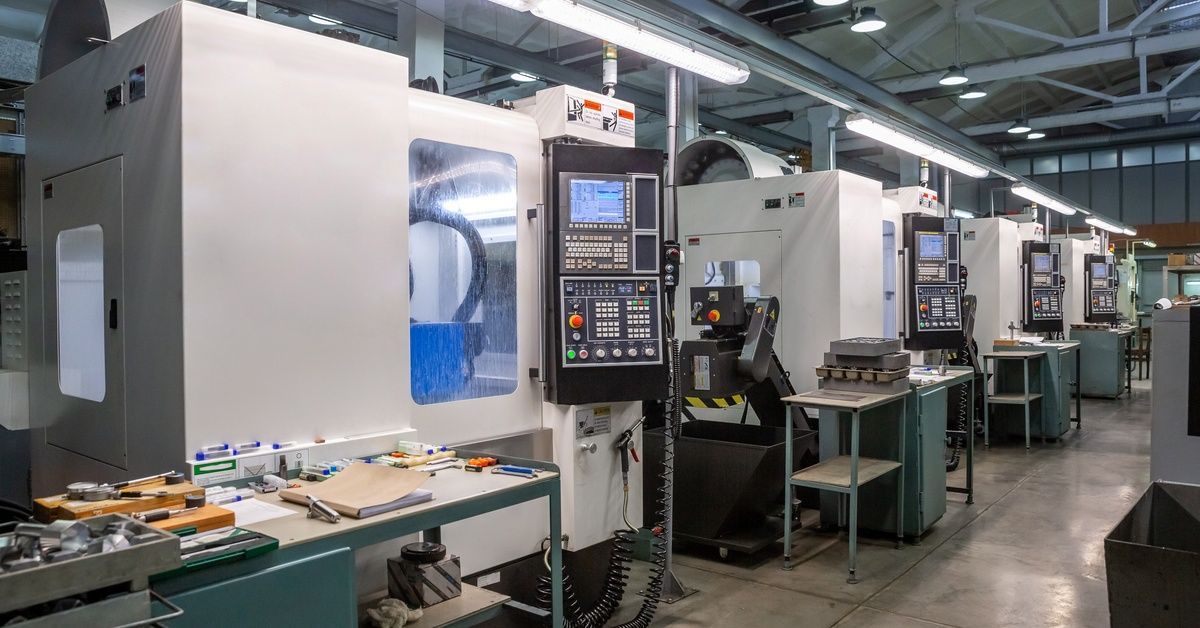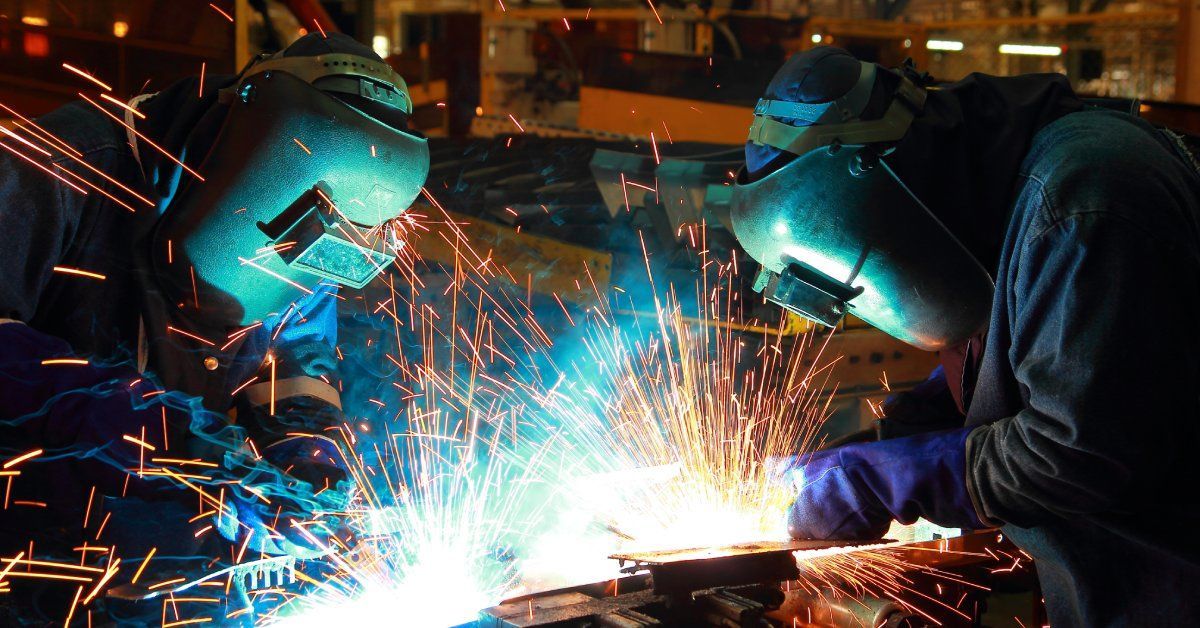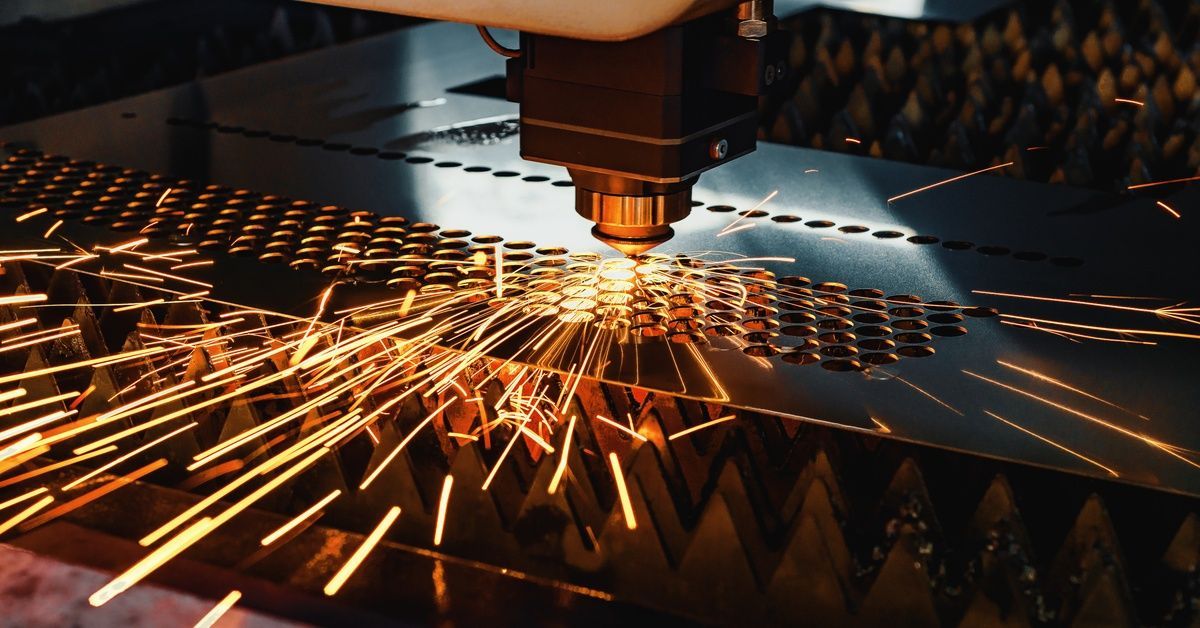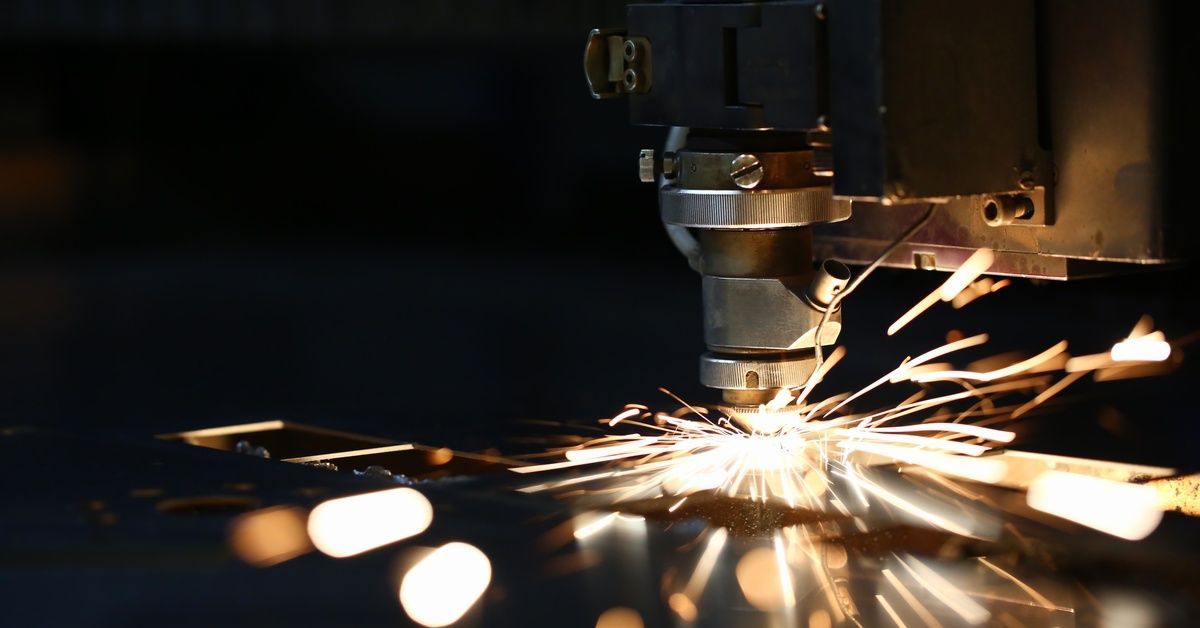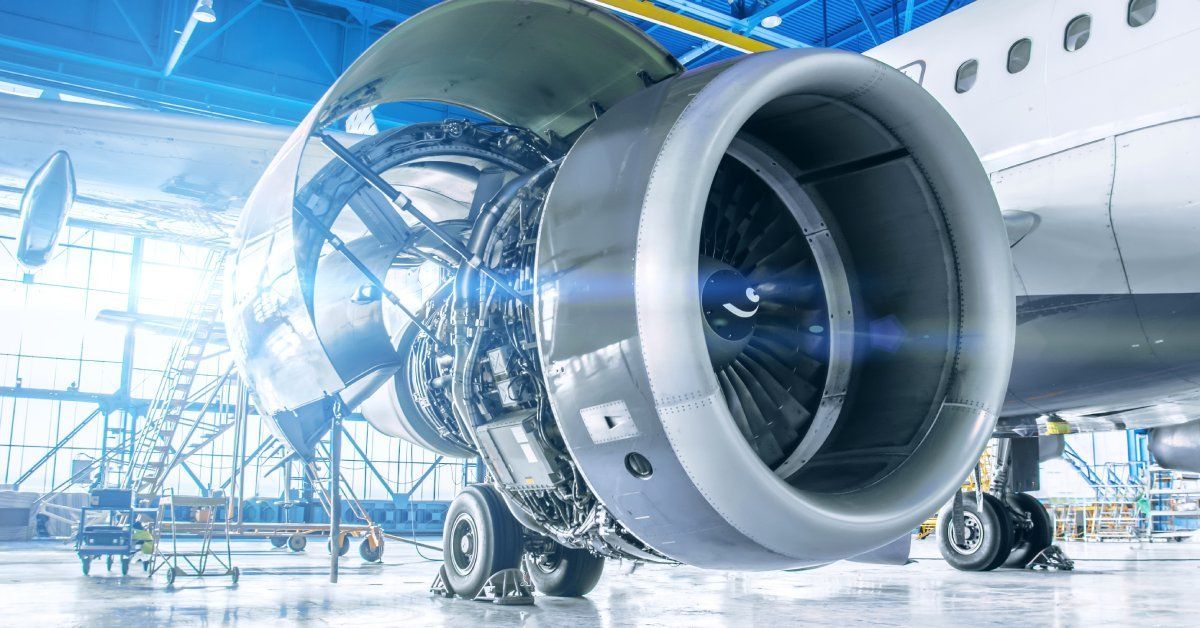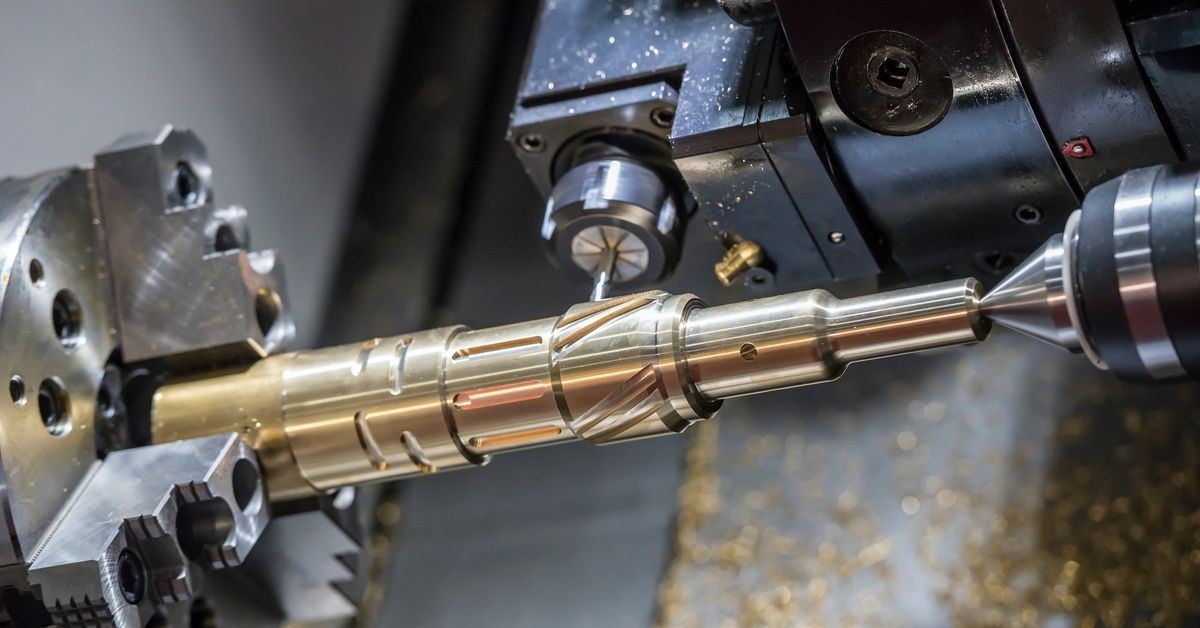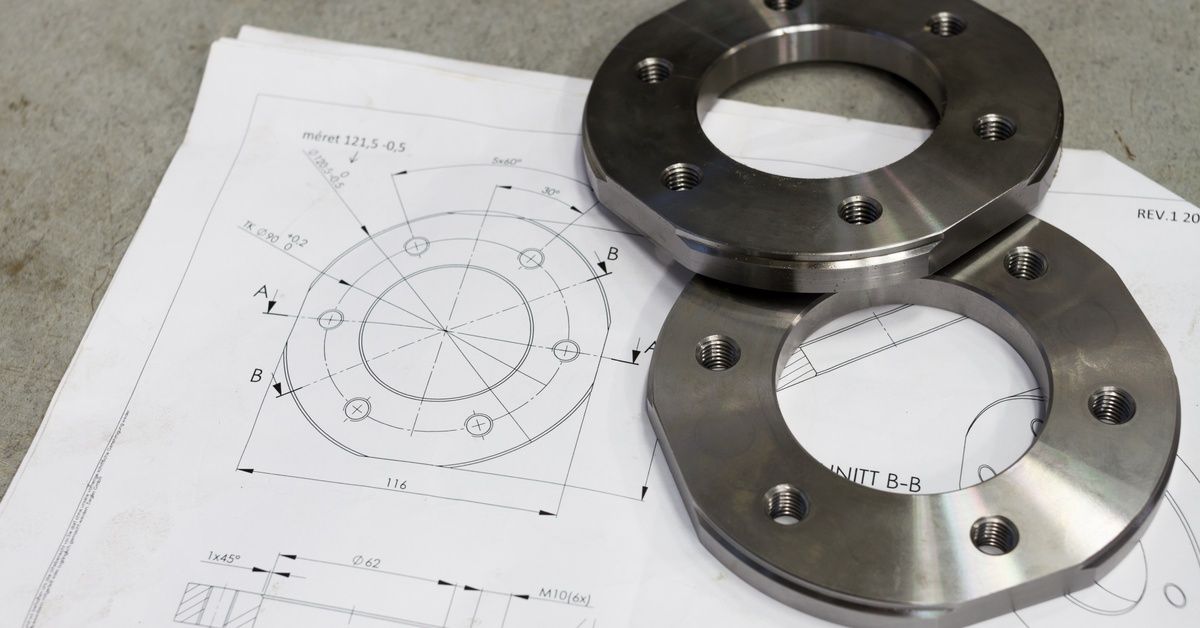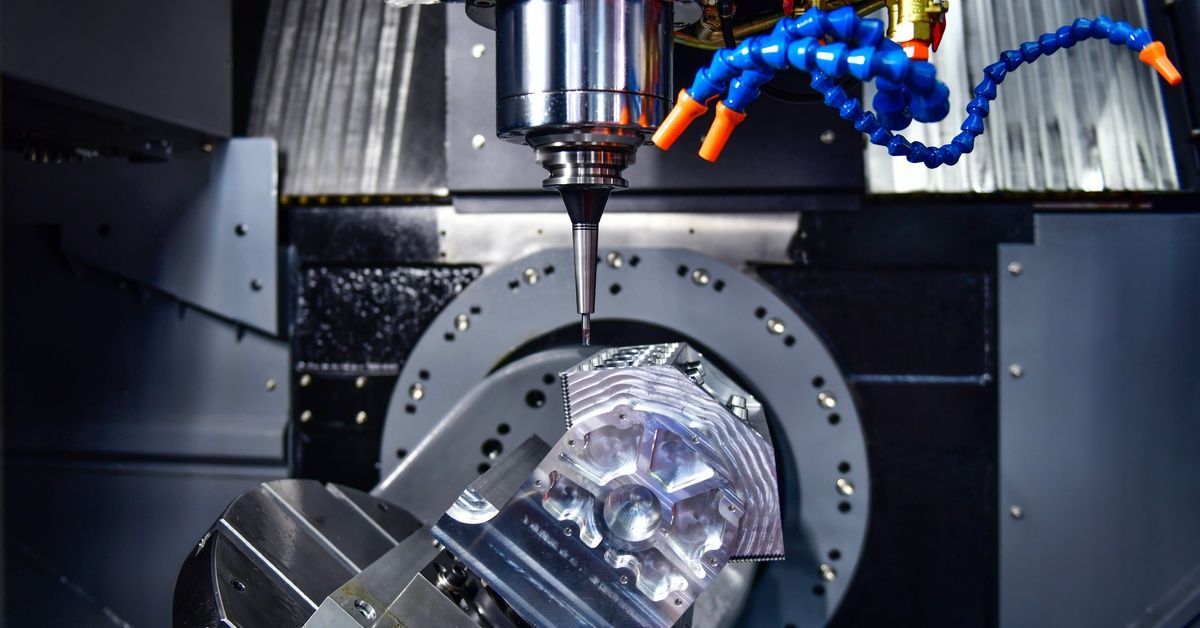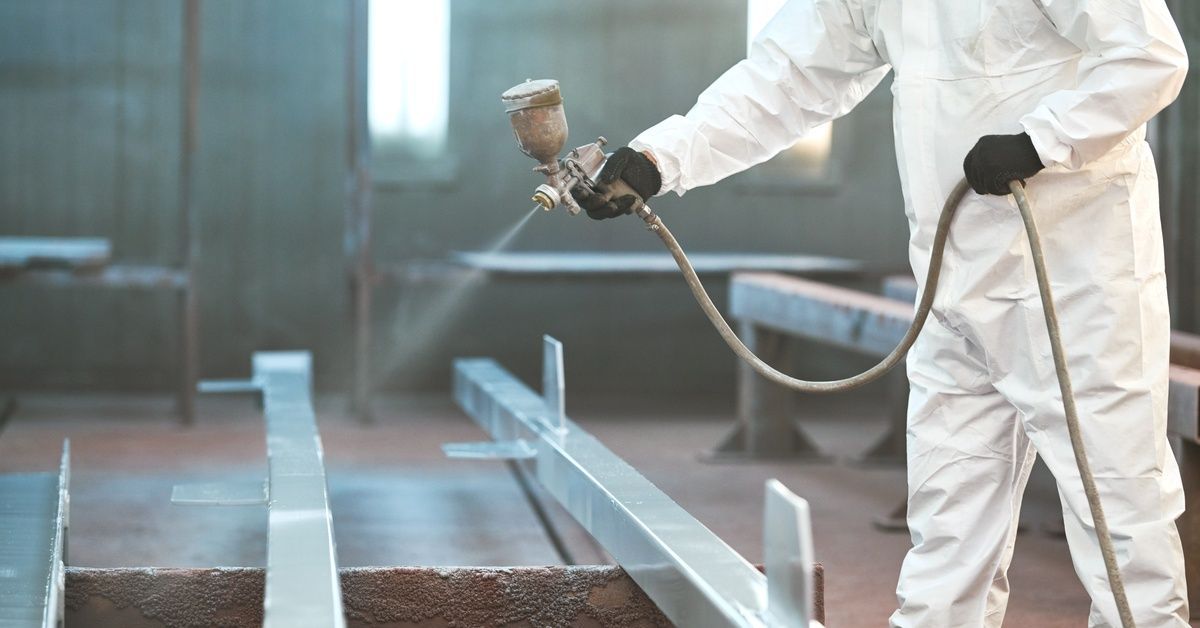Reasons You Might Need Custom Machining Services
Manufacturers face production challenges that demand precision and flexibility. When standard solutions fall short, custom machining services are an effective alternative. By producing components designed to meet every project’s requirements, these services ensure precision and efficiency for tailored solutions.
There are several compelling reasons businesses turn to custom machining. Learn how it can streamline operations and help achieve manufacturing project objectives.
Component Prototyping
Prototyping is a key stage in product development for testing concepts, identifying flaws, and refining designs. Custom machining services enable the creation of precise prototypes with exact tolerances, allowing manufacturers to evaluate a component’s performance before committing to mass production.
Because custom machining can produce detailed and accurate representations of designs, it offers a significant advantage over solely computer simulations. Whether prototyping intricate parts or testing durability under real-world conditions, custom machining produces reliable results for the review process.
Specialized Part Fabrication
Some projects and industries require components that manufacturers cannot source from standard inventory. Specialized part fabrication fulfills this need by providing customized solutions tailored to accurate specifications. Custom machining services are particularly effective in producing these unique components with a high degree of precision.
Whether you’re developing custom fixtures for aerospace or intricate medical device parts, these services adapt to the specific materials and designs required. Working with a custom CNC shop ensures the quality the project demands, regardless of its complexity.
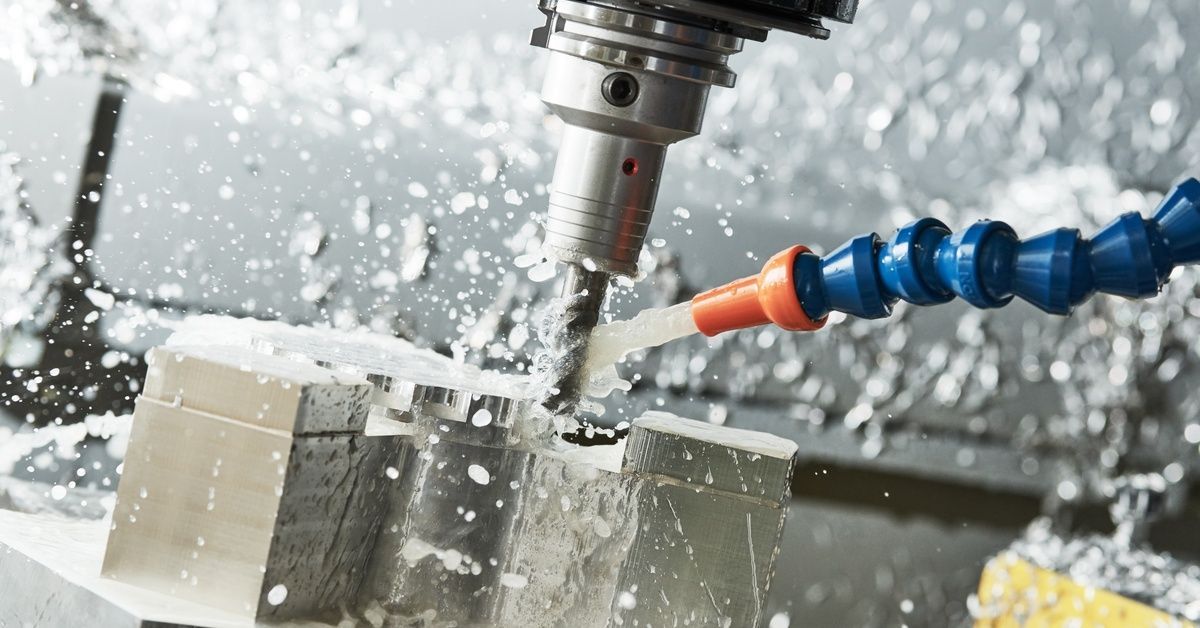
Low-Volume Production
For industries requiring low-volume production runs, custom machining offers flexibility that traditional manufacturing methods may lack. Low-quantity orders may not justify significant investments in molds or dies, but custom machining services allow manufacturers to produce small batches affordably and with consistent quality.
This is especially useful for industries where limited-edition parts or prototype runs might be necessary. By leveraging advanced CNC technology and precise tooling, low-volume requirements can take place efficiently without diminishing the project’s quality.
Replace Discontinued or Obsolete Parts
It’s not uncommon for machines or systems to require replacement parts that manufacturers no longer produce. Discontinued or obsolete parts can render essential equipment unusable, resulting in costly downtime.
Through custom machining services, machinists can replicate discontinued parts based on blueprints, 3D models, or reverse engineering. Doing so keeps equipment operational, extends its lifespan, and reduces interruptions. Reliable machining services have become a lifeline for keeping systems running smoothly, even when original parts are unavailable.
Working With Tough Metals
Some projects require working with durable or hard-to-machine materials like titanium, stainless steel, or tungsten. These materials are notoriously tough to handle but essential for industries such as aerospace, defense, and medical manufacturing.
Custom machining services feature advanced tools and expertise to tackle these challenging materials without compromising dimensional accuracy. Whether creating aerospace-grade components or surgical medical instruments, machining services ensure that even tough materials meet stringent requirements.
Rapid Automated Assembly
Automation in custom machining transforms manufacturing by streamlining multiple steps with precision and speed. Automated processes minimize errors, enhance consistency, and allow for high-volume production without sacrificing quality. This efficiency makes custom machining ideal for businesses handling complex designs or large-scale output.
Companies launching innovative products or managing fluctuating demands can rely on custom machining to adapt quickly and maintain efficiency. By automating tasks like cutting, drilling, and shaping, CNC machining ensures scalable production while reducing manual intervention, making it a critical solution for modern manufacturing challenges.
Advantages of Custom CNC Machining
Custom CNC machining offers numerous advantages that make it indispensable across numerous industries. Continue reading to explore the benefits this manufacturing approach offers for businesses that require specialized component fabrication.
Cost-Effective Fabrication
Custom machining services are commonly more cost-effective than other manufacturing methods for specialized components. This level of efficiency reduces manual labor, decreases material waste, and lowers the time needed to complete complex tasks, all contributing factors to cost savings. Outsourcing machining to specialized providers further enhances cost-efficiency by eliminating the need for in-house machinery and maintenance.
Material Versatility
One significant advantage of custom machining services is their ability to work with a wide range of materials. Whether a project requires plastics, alloys, or heavy metals, machining technologies can transform raw materials into precision-engineered components. This versatility makes it possible to accommodate nearly any industry or project requiring tight tolerances.
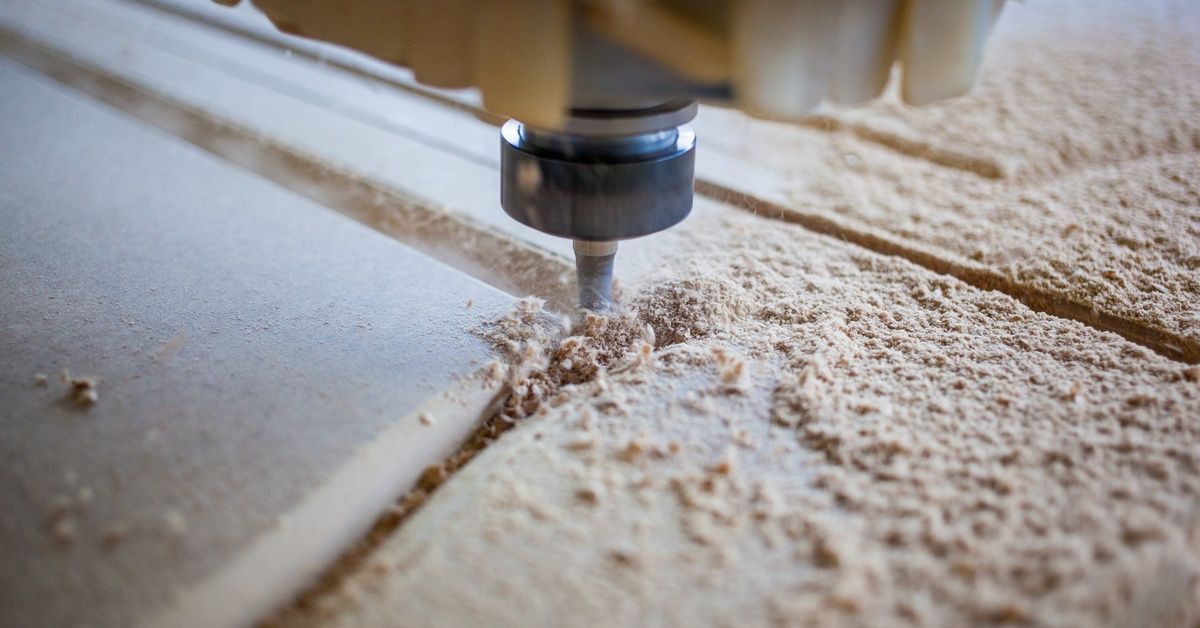
Swift Turnaround
Another reason manufacturers rely on custom machining is its quick turnaround time for component fabrication. The adaptability of CNC technology enables rapid completion of prototypes, parts, or production components with exceptional precision.
As a result, companies can receive customized parts in a shorter time. This helps them meet tight deadlines and keep business operations running smoothly. Moreover, this quick turnaround also allows for faster prototype iterations and design improvements, saving companies time and resources in the long run.
Streamlined Production
Streamlined production is a vital advantage of custom machining because it minimizes inefficiencies and speeds up manufacturing timelines. Automating processes like cutting, drilling, and shaping produce precise products with consistent quality in every component. This efficiency is particularly beneficial for businesses managing complex product designs or high-volume production, as it enhances scalability without hindering accuracy.
Precise Applications
Custom machining offers manufacturers the advantage of unparalleled precision, enabling the creation of intricate and highly accurate components. Advanced computer-controlled equipment crafts each part according to the exact specifications, minimizing the risk of defects. By leveraging custom machining, manufacturers can meet stringent quality standards while maintaining efficiency and consistency in production.
Fabrication Scalability
Even as demands increase, custom machining services can scale alongside operations. This is vital for start-ups testing new products or larger organizations expanding into new markets.
With scalable solutions, businesses of all sizes can execute their plans without worrying about production limitations. Custom machining adapts to your evolving needs, offering flexibility throughout your product lifecycle.
Achieve Precision and Efficiency With Custom Machining Services
Custom machining services empower manufacturers to create precise, high-quality components tailored to their specific needs. Companies utilize this efficient manufacturing approach for several reasons, whether prototyping, replacing obsolete parts, or producing low-volume components.
When you’re ready to elevate your production capabilities, choose a trusted machining partner in central Texas to support your vision from concept to completion. Contact H&H Machine Service to discuss your metal fabrication needs and how we can provide assistance at every stage of the process.
